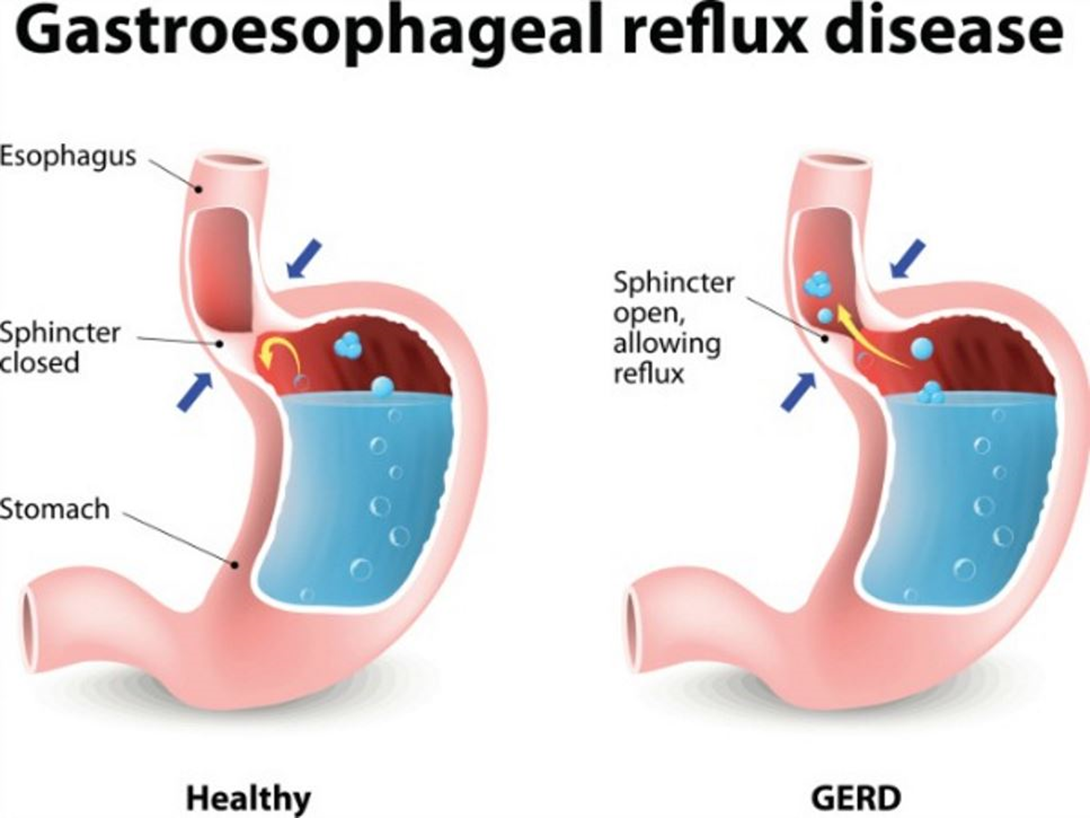A nurse is caring for a client who is receiving chemotherapy treatments. The client states, "I feel so nauseated after my treatments." Which of the following instructions should the nurse provide the client? (Select all that apply)
Sip fluids slowly throughout the day.
Consume foods that are served cold.
Sit up for 1 hr after eating meals.
Limit use of antiemetics until after first emesis.
Eat foods low in carbohydrates.
Correct Answer : A,B,C
Choice A reason: Sipping fluids slowly throughout the day can help prevent dehydration and electrolyte imbalance, which can worsen nausea and vomiting. Fluids also help flush out the toxins from the chemotherapy and reduce the risk of kidney damage¹².
Choice B reason: Consuming foods that are served cold can help reduce the stimulation of the chemoreceptor trigger zone (CTZ), which is responsible for triggering nausea and vomiting. Cold foods also have less odor and taste, which can be unpleasant for some clients with CINV³⁴.
Choice C reason: Sitting up for 1 hr after eating meals can help prevent reflux and aspiration, which can cause more nausea and vomiting. Sitting up can also promote gastric emptying and digestion.
Choice D reason: Limiting the use of antiemetics until after the first emesis is not a recommended practice, as it can make nausea and vomiting more difficult to control. Antiemetics should be given before, during, and after chemotherapy, according to the emetogenic potential of the agents and the client's individual response.
Choice E reason: Eating foods low in carbohydrates is not a helpful strategy for CINV, as carbohydrates can provide energy and prevent hypoglycemia, which can also cause nausea and vomiting. Carbohydrates can also help settle the stomach and reduce acid production.
Nursing Test Bank
Naxlex Comprehensive Predictor Exams
Related Questions
Correct Answer is A
Explanation
Choice A reason: Positioning the newborn at a 20-degree angle after feeding can help prevent the reflux of gastric contents into the esophagus. This position allows gravity to keep the food in the stomach and reduces the pressure on the lower esophageal sphincter. The nurse should instruct the parent to keep the newborn in this position for at least 30 minutes after each feeding.
Choice B reason: Diluting formula with 1 tablespoon of water is not recommended, as it can cause water intoxication, electrolyte imbalance, and malnutrition in the newborn. Water intoxication can lead to seizures, coma, and death. The nurse should advise the parent to follow the manufacturer's instructions for preparing the formula and not to add extra water.
Choice C reason: Placing the newborn in a side-lying position if vomiting is not a safe practice, as it can increase the risk of aspiration and sudden infant death syndrome (SIDS). Aspiration is when food or liquid enters the lungs and causes pneumonia or respiratory distress. SIDS is when a healthy baby dies suddenly and unexpectedly during sleep. The nurse should instruct the parent to place the newborn on the back for sleeping and to avoid soft bedding, pillows, and stuffed animals.
Choice D reason: Providing a small feeding just before bedtime is not a good idea, as it can worsen the gastroesophageal reflux and disrupt the newborn's sleep. The nurse should suggest the parent to feed the newborn smaller and more frequent meals throughout the day and to avoid feeding the newborn within 2 to 3 hours of bedtime.

Correct Answer is B
Explanation
Choice A reason: Setting a weight loss goal is an important step in the weight management process, but it is not the first action the nurse should take. The nurse should first assess the client's readiness and willingness to change, as well as the factors that motivate the client to lose weight.
Choice B reason: Identifying the client's motivation is the first action the nurse should take, as it helps the nurse to tailor the interventions to the client's needs and preferences. The nurse should explore the client's reasons for wanting to lose weight, such as improving health, appearance, or self-esteem, and use them as positive reinforcement.
Choice C reason: Discussing behavior modification is a key component of weight management, but it is not the first action the nurse should take. The nurse should first identify the client's motivation and then help the client to develop realistic and specific goals and strategies to change their eating and physical activity habits.
Choice D reason: Referring the client to a dietitian is a helpful action, but it is not the first action the nurse should take. The nurse should first identify the client's motivation and then collaborate with the dietitian to provide individualized and evidence-based dietary advice and education to the client.
Whether you are a student looking to ace your exams or a practicing nurse seeking to enhance your expertise , our nursing education contents will empower you with the confidence and competence to make a difference in the lives of patients and become a respected leader in the healthcare field.
Visit Naxlex, invest in your future and unlock endless possibilities with our unparalleled nursing education contents today
Report Wrong Answer on the Current Question
Do you disagree with the answer? If yes, what is your expected answer? Explain.
Kindly be descriptive with the issue you are facing.
